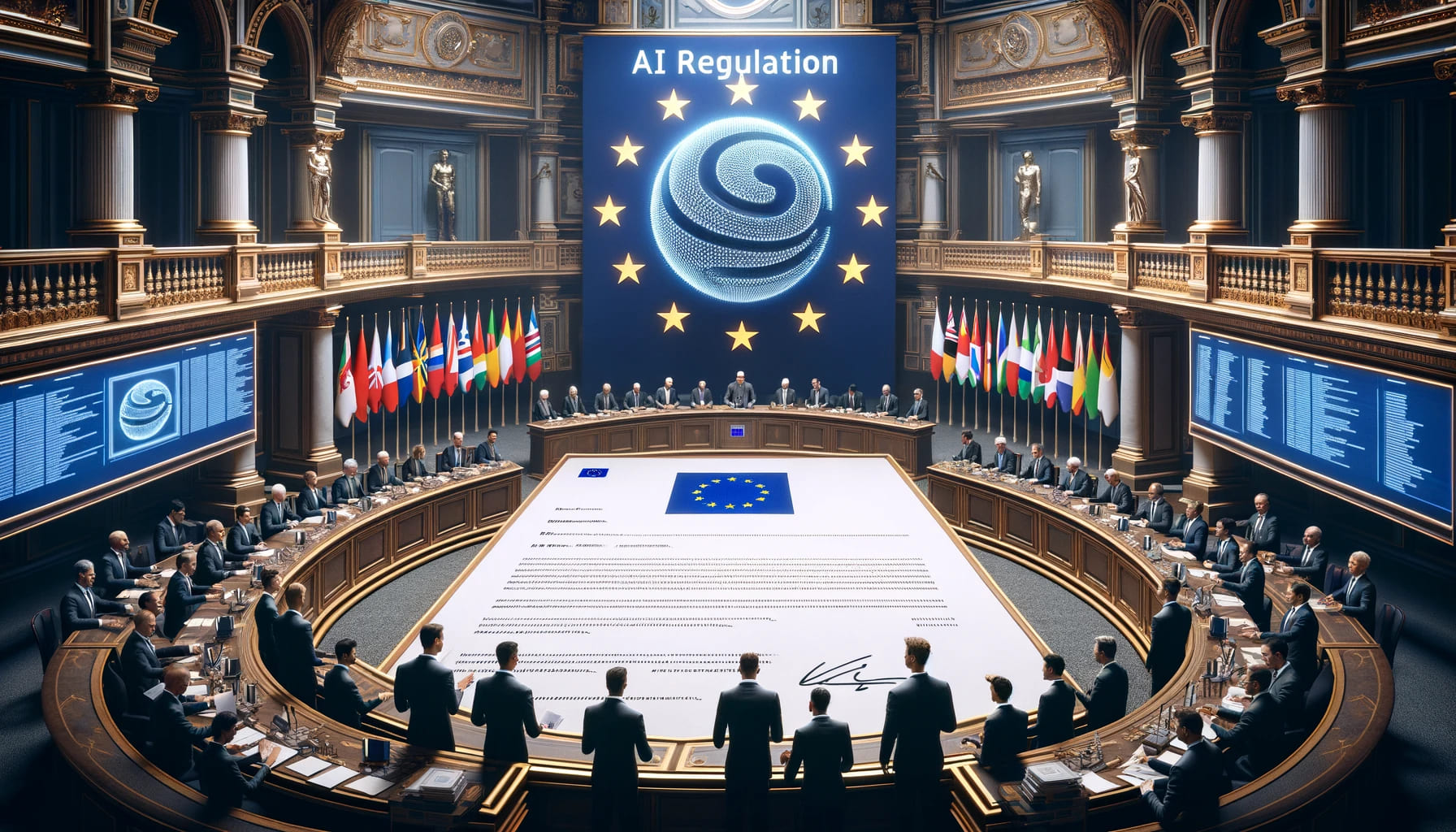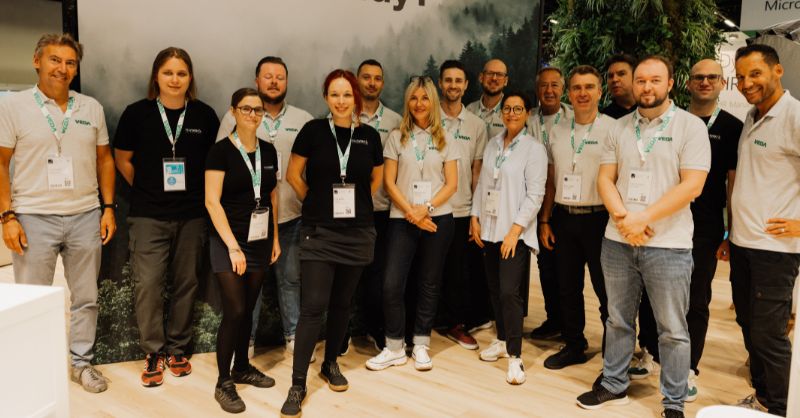European Commission Official Foresees $100 Billion in Private Chip Investment by 2030
The European Chips Act is poised to attract over 100 billion euros ($108.41 billion) in private investment to the European semiconductor industry by 2030, according to a European Commission official. Speaking at a conference on the future of the initiative in Antwerp on Wednesday, Thomas Skordas highlighted the Act’s significant potential to boost Europe’s chip manufacturing capacity.

Promising Investment Landscape
Thomas Skordas, a senior official in the European Commission’s digital unit, detailed the impact of the European Chips Act during his speech. He noted that the Act has already spurred “promises for investments of the order of 100 billion euros to expand the manufacturing capacity within the EU by 2030.” The initiative is Europe’s strategic response to similar semiconductor support programs in the United States, Japan, and China.
Also Read: US Invests $120 Million in Chipmaker to Expand Facility in Minnesota
The European Chips Act, which offers funding of 43 billion euros, has faced some challenges in securing immediate financial support. Thus far, the Commission has approved only a limited amount of actual funding. Nonetheless, major industry players such as Intel and Taiwan Semiconductor Manufacturing Company (TSMC) have announced substantial investments, including plans to build plants in Germany at a combined cost exceeding 30 billion euros this year alone.
Focus on Research and Development
In addition to expanding manufacturing capacity, the European Chips Act emphasizes research and development (R&D). Skordas announced that the Commission expects to finalize funding for R&D pilot lines in four key sub-sectors of the chip industry by September. This includes a significant 2.5 billion euro grant dedicated to developing extremely advanced chips within Europe.
Moreover, Skordas mentioned ongoing efforts to secure funding for a pilot line focused on photonics—chips that utilize light instead of electricity. This innovative approach could revolutionize chip technology and further strengthen Europe’s position in the global semiconductor market.
The European Commission is also working on establishing a European design platform. This platform aims to provide companies, academics, and startups with access to the essential software tools required to design their own chips. By July, the Commission plans to open a call for the consortium responsible for designing and developing this platform at the European level.
Also Read: EU Finalizes World’s First Major Law Governing Artificial Intelligence
“In July, we expect to open the call for the consortium that will be responsible for designing and developing this platform at the European level,” Skordas said, underscoring the Commission’s commitment to fostering innovation and collaboration within the European semiconductor industry.
As the European Chips Act continues to evolve, its ambitious targets and strategic initiatives are set to position Europe as a key player in the global semiconductor landscape, attracting substantial private investment and driving technological advancement.

I am a law graduate from NLU Lucknow. I have a flair for creative writing and hence in my free time work as a freelance content writer.






